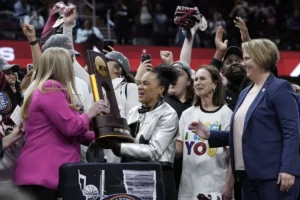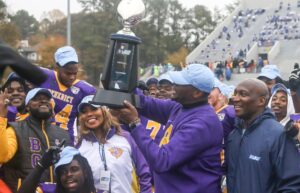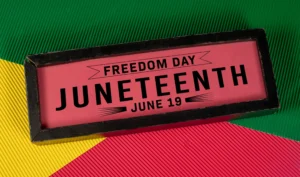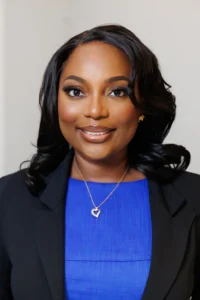John Chaney, basketball Hall of Fame coach at Temple University
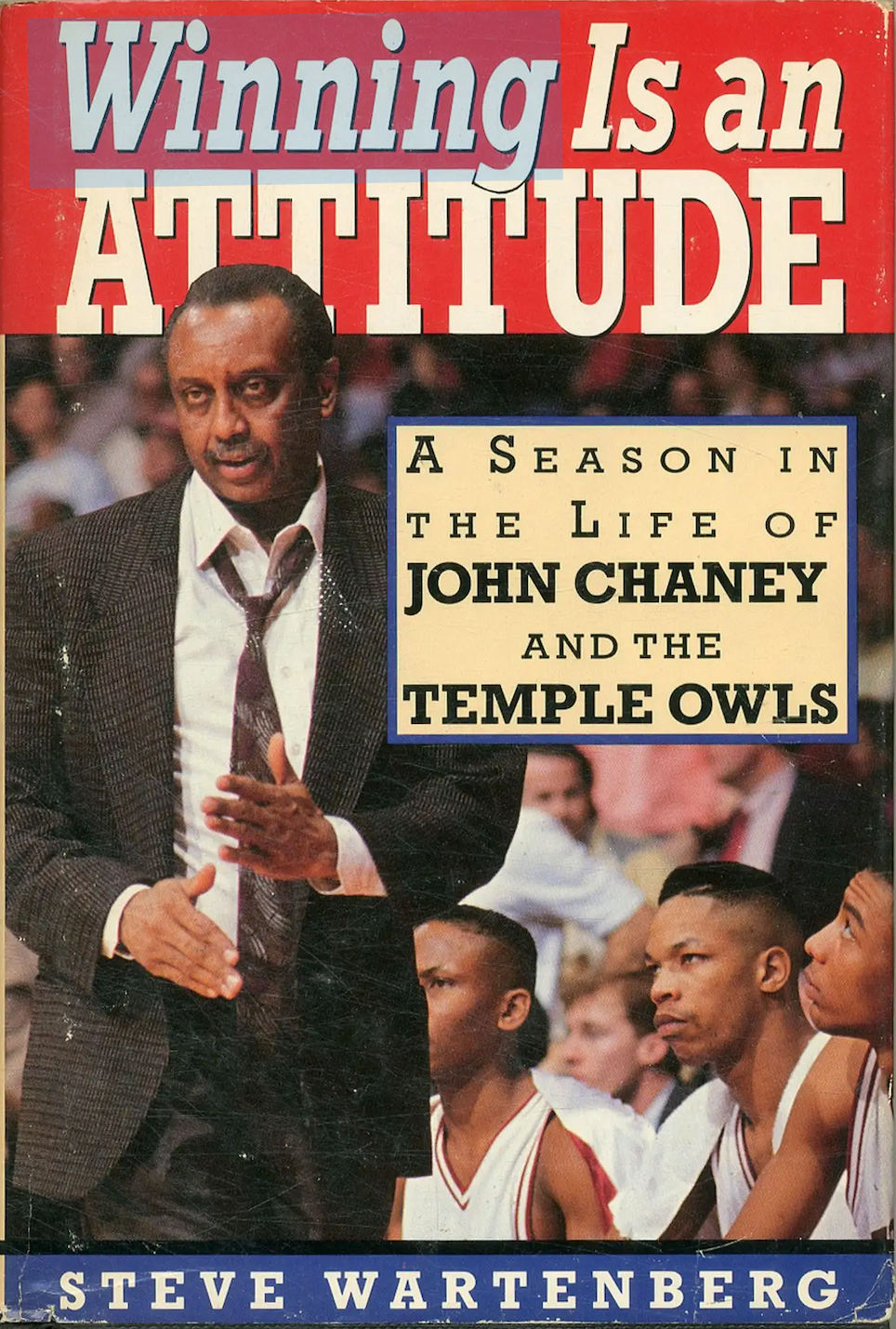
by Herb Boyd
Watching Temple University upset Florida Atlantic to reach the ACC championship the other day, brought to mind Temple’s legendary basketball coach John Chaney who shepherded the team from 1982 to 2006, and was inducted into the Naismith Memorial Basketball Hall of Fame in 2001 and the National Collegiate Basketball Hall of Fame in 2006. He often roamed the sidelines like a caged tiger.
Born on January 21, 1932 in Jacksonville, Florida, Chaney grew up in Philadelphia but began his college career at the HBCU Bethune-Cookman. He was a standout player there from 1951 to 1955 and later joined the Sunbury Mercuries from 1955 to 1963. For three years (1963-1966), he was with the Williamsport Billies. During his time with the Billies, he was also the basketball coach at William L. Sayre Junior High School in Philadelphia.
There were several other stops, including ten years as a head coach at Cheyney State. Chaney and Cheyney had an appropriate link in name and success: his record of 232-56 was highlighted by the 1978 NCAA Division II men’s basketball tournament championship. Almost from the start at Temple and Division I basketball, his reputation as a taskmaster marked his career, including early morning practices and drilling his team on his idea of a touch defense. In 1987 and 1988, he was the recipient of the Henry Iba Award, emblematic of the best college coach by the U.S. Basketball Writers Association.
Chaney’s conquests on the court, his fiery take-no-prisoners attitude, sometimes spilled over off the court, as it did in 1994 when he threatened to kill John Calipari, then-coach of University of Massachusetts at Amherst. Calipari was speaking at the podium when Chaney entered the press conference and began calling Calipari an “Italian son-of-a-bitch,” accusing him of influencing and manipulating the referees. He demanded that Calipari “Shut up” when he attempted to respond to the accusations.
The exchange soon became a confrontation before Chaney was detained by security, and even then he continued to threaten Calipari. For this altercation, Chaney received a one-game suspension, but they later reconciled and later defended him over the Derrick Rose controversy at the University of Memphis, though as with Chaney, Calipari and Rose put their differences in the rearview mirror.
In 2004, Chaney joined several notables Bob Knight, Eddie Sutton, Lou Henson, and Hugh Durham—as coaches to appear on the sidelines for 1,000 games. But a year later he was again in the throes of controversy when he ordered Nehemiah Ingram, a backup forward, to commit a series of hard fouls because of missed calls by the referees. Later, he admitted that he sent the player as part of a “goon squad” to send a message about the poor officiating. John Bryant, a Saint Joseph’s player, suffered a fractured arm as a result of an intentional foul. He suspended himself for one game but the university, given the injury, suspended him for the rest of the season. Chaney added punishment, self-extending the suspension to that year’s Atlantic 10 Conference men’s basketball tournament.
In 2006, Chaney announced his retirement, and Fran Dunphy was named his successor. His overall record as a coach was a total of 741 games won. He took Temple to the NCAA tournament 17 times. The Owls were ranked first in the country in 1987-88, and he reached the Elite 8 on five occasions. Two books, “Winning Is An Attitude: A Season in the Life of John Chaney and Temple Owls,” by Steve Wartenberg, and “Chaney: Playing for a Legend,” by Donald Hunt, capture various aspects of his coaching style and influence on the game.
He and his wife, Jeanne, had a daughter, Pamela and two sons, Darryl and John, Jr. Chaney died on Jan. 29, 2021, at the age of 89.



